The new Google Pixel 9 series features a slightly revamped design, three different Pro models, a stronger emphasis on AI, and plenty of other changes. It also represents one of the biggest deviations from the Pixel formula that we’ve seen in years.
Despite several notable changes, the Pixel 9 still retains several of the most criticized aspects of the Pixel series, including limited storage options and a less competitive SoC compared to other phones. With that in mind, let’s dive into what I’d like to see from the Pixel 10 series and explore the current rumors surrounding it.
An SoC that better keeps up with Qualcomm Snapdragon
Robert Triggs / Android Authority
There’s no denying that Qualcomm reigns supreme when it comes to raw processing power. Nearly any Snapdragon 8 processor released in the last few years can still outperform even the newest Tensor chip in many key areas.
Tensor has previously compensated for this by incorporating impressive AI and machine learning capabilities into its chipset, but the Snapdragon 8 Gen 3 shows that Qualcomm is steadily catching up in these areas, even if it’s not there just yet. It’s time for Google to do the same in terms of performance.
The Tensor G4 isn’t a bad chip, but it still lacks raw power and relies heavily on throttling during heavy loads to keep phone temperatures down. While Snapdragon chips also throttle to manage heat, their initial performance is so strong that these drops are less noticeable. For Google to truly compete with Qualcomm, it needs a more powerful custom chip. The good news is that several rumors, including our own exclusive report, suggest this may happen next year.
Google has essentially used a modified version of Exynos to build its Tensor series in the past, leading to less-than-stellar performance. This is set to change in 2025, as the company’s next SoC will be manufactured by TSMC and is reportedly a significant upgrade over its predecessor. Whether this chip will match the next Snapdragon remains to be seen, but at the very least, we expect it to perform better than the chips previously manufactured by Samsung.
Faster charging shouldn’t be reserved exclusively for the Pro XL
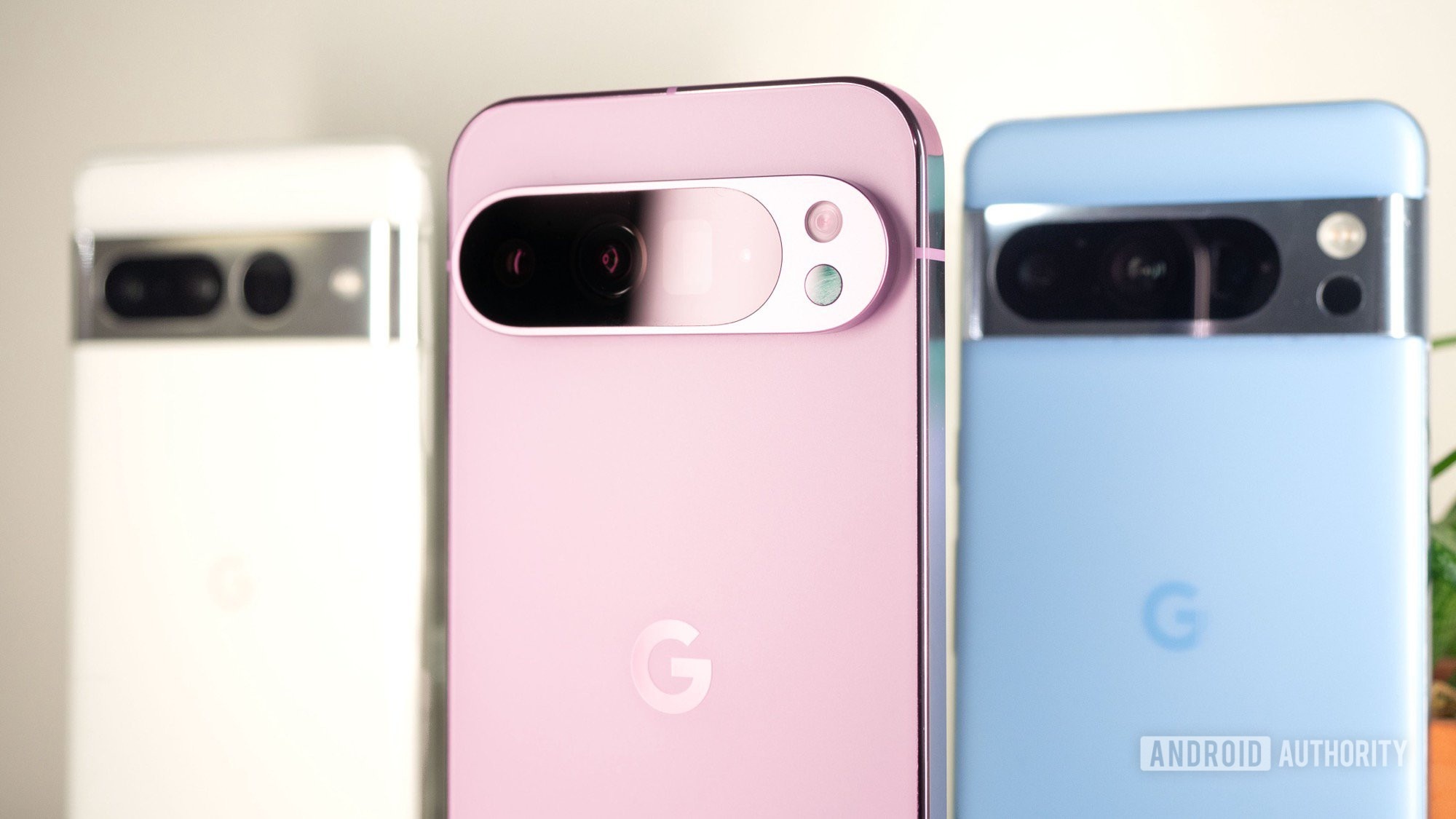
Rita El Khoury / Android Authority
The Google Pixel 9 Pro XL finally offers reasonably decent wireless charging at 37W. While there are faster options out there, it’s a significant improvement over previous Pixel devices. But why is fast charging limited to the Pixel Pro XL? At the very least, 37W should be standard across all Pro models. Unfortunately, the Pixel 9 Pro is still stuck at the same 27W as the base Pixel 9, and the Pro Fold fares even worse with just 21W charging.
I understand that Google wants to differentiate its devices enough to justify the full lineup, but if I’m buying a Pro-level device, I expect better than what’s offered by a typical base flagship.
Bigger storage options are needed
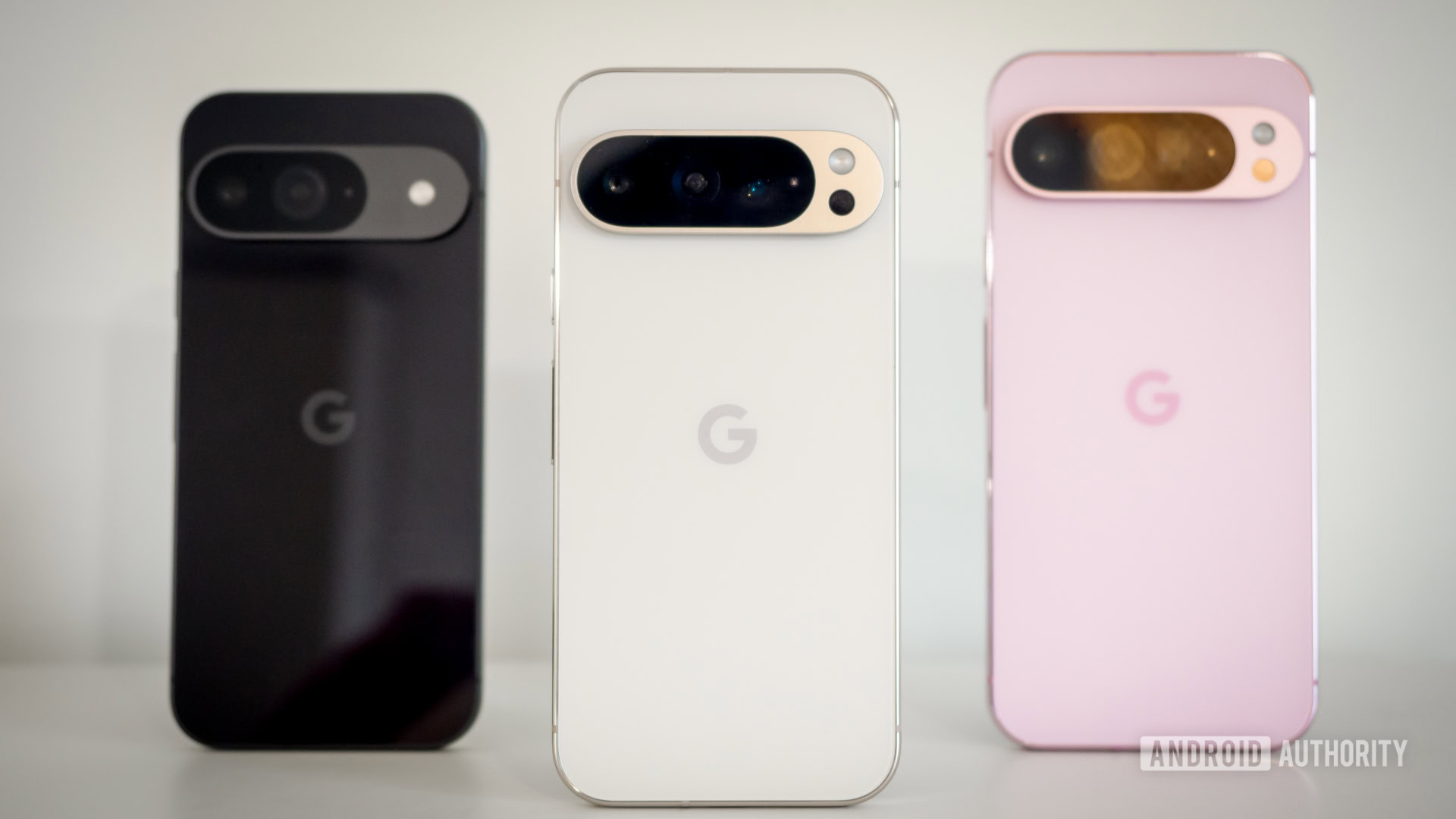
Robert Triggs / Android Authority
The Pixel 9 Pro and Pro XL offer storage options ranging from 128GB to 1TB, while the Pro Fold is limited to just 256GB and 512GB. The Pixel 9 fares even worse, with only 128GB or 256GB options available. It’s clear that the Pixel 10 series needs larger storage options.
To be fair, Samsung doesn’t do much better in this regard. The Galaxy S24 offers the same storage choices as the Pixel 9, while the S24 Plus mirrors the Pro Fold’s options. The Galaxy S24 Ultra starts at 256GB and goes up to 1TB, which at least eliminates the frustratingly low 128GB option.
Still, let’s be honest — many people call the Pixel the Android equivalent of an iPhone, and it’s clear that Google wants its devices to be seen as worthy competitors. So why not follow Apple’s lead here? The iPhone 15 and iPhone 15 Plus offer storage options ranging from 128GB to 512GB, while the iPhone 15 Pro series have storage capacities similar to those of the Pixel 9 Pro and Pro XL.
Ideally, Google should eliminate the 128GB model altogether, but that’s unlikely. Google seems intent on encouraging Google One subscriptions, and keeping base storage options low helps push users in that direction. Anyone using a Pixel who’s also a shutterbug likely relies on Google Drive rather than local storage. Still, Google could at least offer a 512GB model for the Pixel 9 and give the rest of the Pixel 9 Pro series the same storage options as the Pro XL for better consistency.
A Google Pixel Pro Fold that is worthy of the Pro name
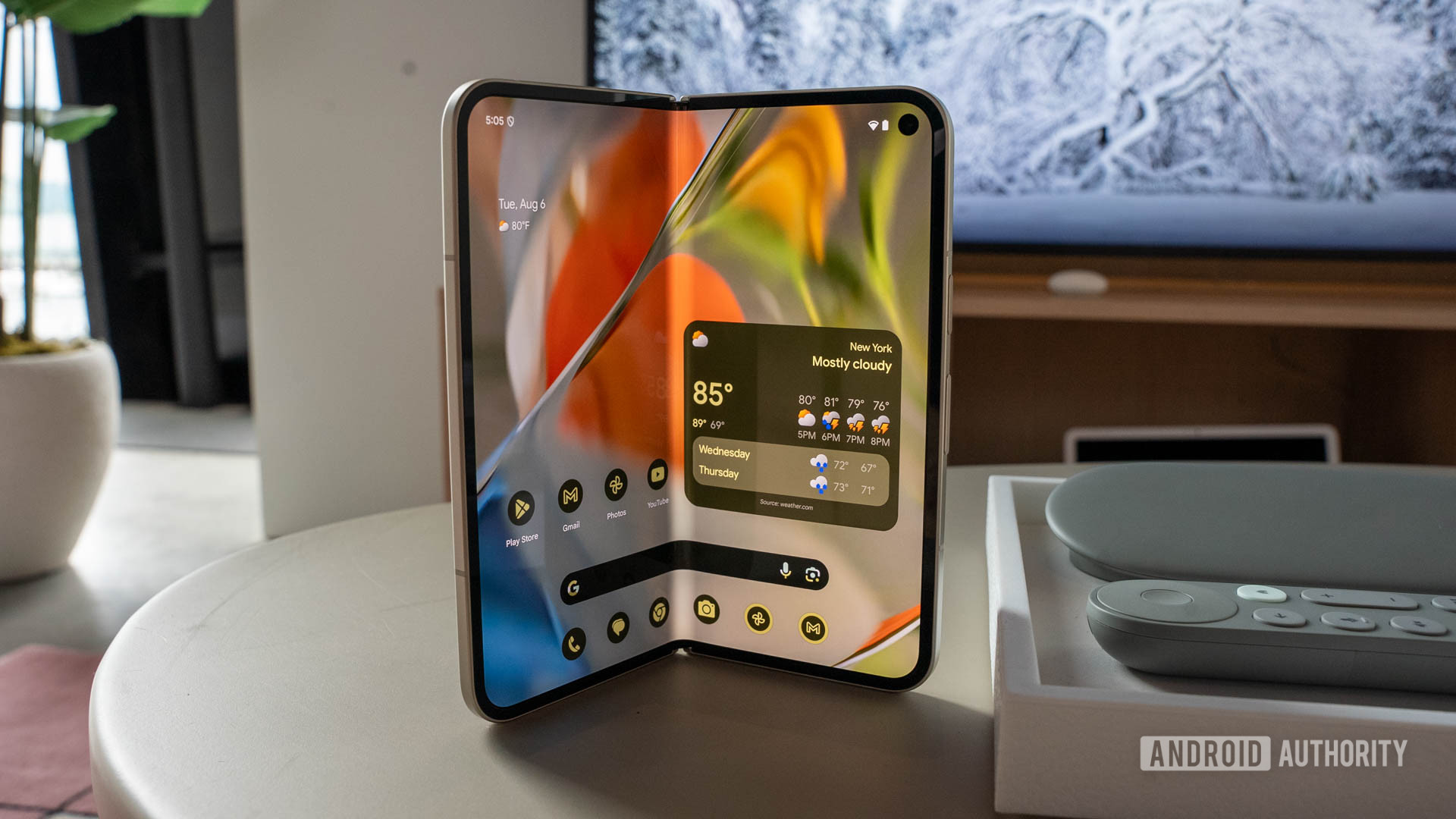
C. Scott Brown / Android Authority
I remember when I learned the Pixel 9 Pro Fold would replace the Pixel Fold. I was honestly pretty excited. The Pro name implied to me a more upscale experience this time around that would better match Google’s highest-end flagships. Sadly, that’s not at all what was delivered to us.
The Pixel 9 Pro Fold is definitely a decent upgrade over the Pixel Fold and one of the better foldable phones out there, but it lacks a lot of the features you’d expect from a Pro level product:
- The camera is only so-so, and definitely not as good as the Pixel 9 Pro or 9 Pro XL.
- The cover display’s specs are closer to the base Pixel than any Pro model.
- There are not even any special exclusive software features that set it apart from other Pixel devices enough to earn the Pro name.
- The charging speeds are slower than every Pixel 9 family member.
I feel like the Pixel 9 Pro Fold should have been called the Pixel 9 Fold, as this would have been more accurate. I suspect Google felt that its high price tag made it fit along the Pro models better and I get that sentiment. Unfortunately, lumping the Fold in with Google’s highest-spec flagship models makes the entire Pro line a bit harder to navigate for less tech-savvy customers.
For the Pixel 10 series, all the Pro models need to have universal features. This way the customer’s job is much easier. If they want the very best Pixel experience all they have to decide is if they want something smaller, bigger, or a device that can transform into a tablet.
Pixel 10: Which feature would you like to see the most?
26 votes
Will there be a Google Pixel 10?
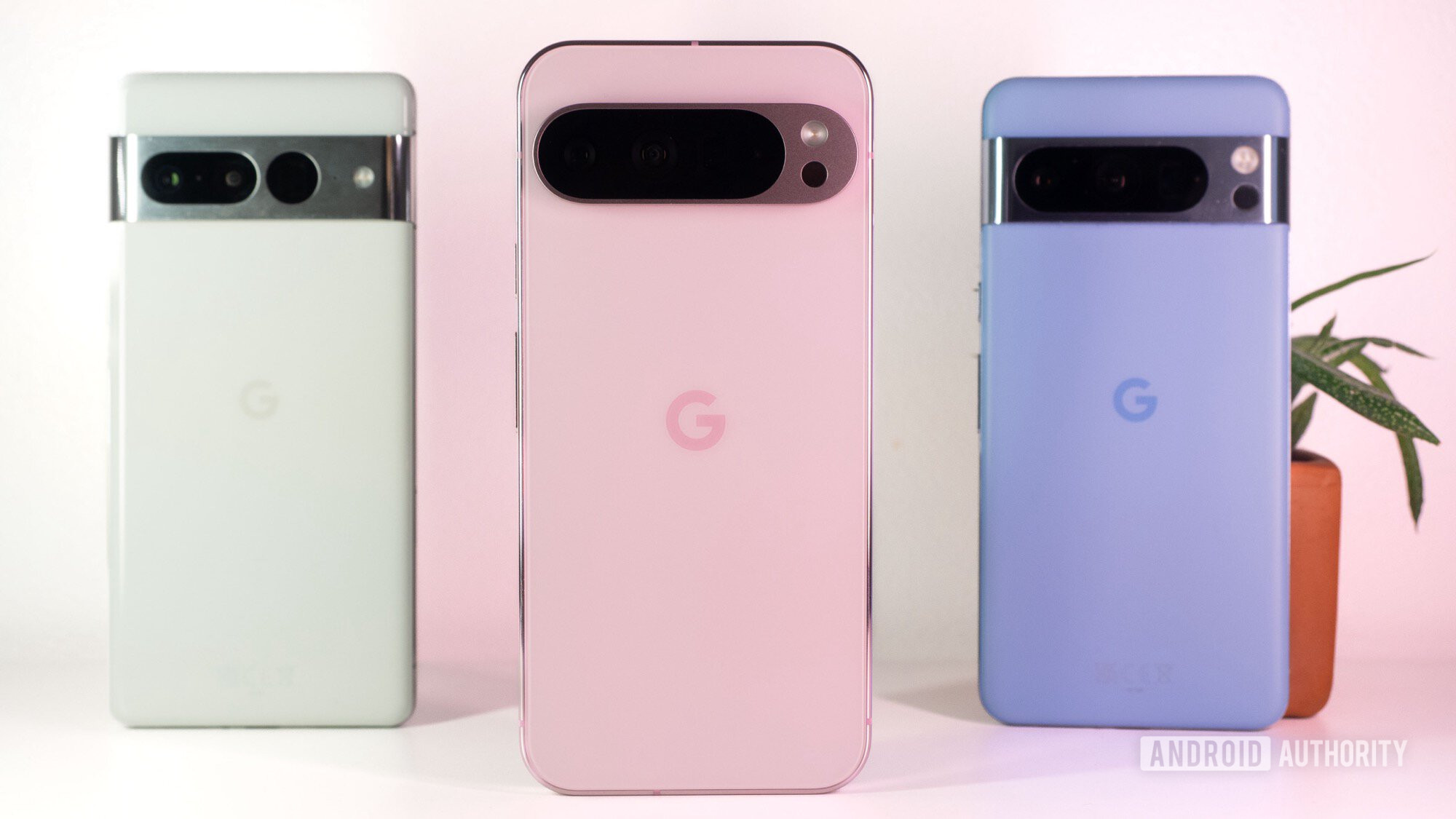
Rita El Khoury / Android Authority
Google’s Pixel 9 has just hit store shelves so it’s still a long way before we see the Pixel 10, but we’ll certainly see it in late 2025 unless Google makes a major change to its usual strategy. That’s basically a full year away and so we’re still in the early days when it comes to rumors. That said, we’ve actually heard a fair amount considering how far away the release is.
Back in 2022, we revealed an exclusive look at Google’s Pixel roadmap through 2025, as detailed by sources familiar with Google’s plans. This included a few mentions of the Pixel 10, including even more models, and the possibility of a Z Flip competitor.
It’s hard to say if that original roadmap still holds today, though we can say many of its predictions were fairly accurate. Since then, we’ve also heard a few other bits about the Pixel 10. In May, rumors heated up that Google would ditch Samsung and start using TSMC, starting with the Tensor G5, which we later provided further evidence of, as mentioned earlier in our wishlist. We’ve since heard reports that this chip has now entered production.
For now, that’s all we know about the Pixel 10 specs and features. As for the Pixel 10 release date?
- Google Pixel 9 — September 4, 2024
- Google Pixel 8 — October 12, 2023
- Google Pixel 7 — October 13, 2023
Looking at the Pixel’s historical release windows, the phone is typically announced in late September or early October. This changed with the Pixel 9, as the new series was announced in late August and arrived on September 4. It’s possible this was a one-time change to bring the Fold series into the mainline Pixel strategy, but at the very least, we are confident you’ll see the Pixel 10 series sometime in late summer or early fall of 2025.
Should you wait for the Google Pixel 10?
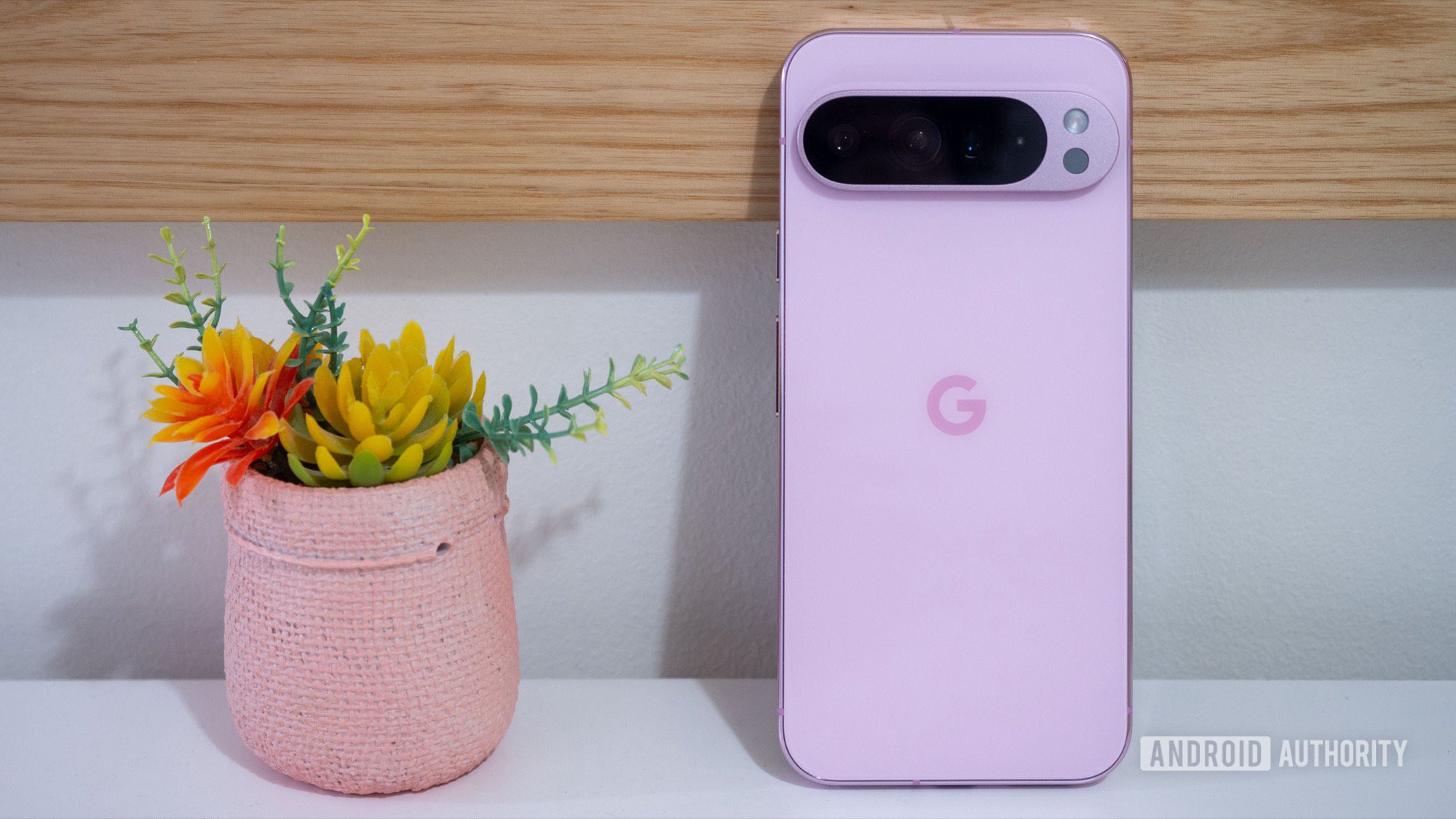
Rita El Khoury / Android Authority
Considering the Pixel 10 is still a year away, I’d usually advise against waiting. However, the situation is a bit more nuanced this time. The Pixel 9 is a solid device, but the Pixel 10 could represent a much larger leap forward in performance, thanks to the switch to TSMC. Additionally, next year’s Pixel is a significant milestone for the brand, marking ten years since the line debuted. This could mean we’ll see plenty of other enhancements to celebrate the occasion. Maybe a Pixel 9 Flip? I’d certainly consider that one myself.

Google Pixel 9
Powerful Gemini AI tools
Excellent build quality, refined design
Extensive update policy

Google Pixel 9 Pro
Impressive AI-powered features
Excellent build quality
Flexible, capable cameras
Reliable update commitment

Google Pixel 9 Pro XL
The best specs in the Pixel 9 series
Gorgeous display
Seven years of software updates
If you don’t absolutely need a new phone (say, if you’re using a Pixel 6 or 7 or newer and can hold out another year), the Pixel 10 might actually be worth the wait. This is especially true if you’re not thrilled with the design changes or new AI features in the Pixel 9. However, if you like what Google has done with the Pixel 9, there’s no reason not to upgrade now — just keep in mind that its successor may offer a much larger performance boost than any Pixel since the introduction of the Tensor processor.
If you’re looking for a device with strong AI capabilities and more raw performance but don’t want to wait for the Pixel 10, the Galaxy S24 series ($859.99 at Amazon) might be the right choice, particularly the S24 Ultra ($1419.99 at Amazon). While the latest Galaxy S series may not match Google in AI prowess, it’s a close second in the Android world.
